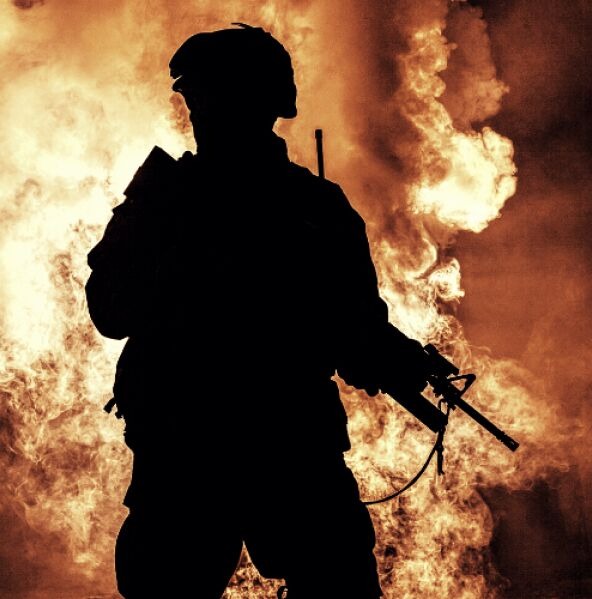UCMJ Punitive Articles: The Foundation Of Military Discipline
The UCMJ punitive articles serve as the backbone of military law, establishing a comprehensive system that maintains order, discipline, and justice within the U.S. Armed Forces. The Uniform Code of Military Justice (UCMJ) outlines both general and specific offenses that can lead to disciplinary action, ensuring that all service members adhere to strict behavioral and professional standards. Understanding these punitive articles is essential for anyone serving in the military or involved in military legal affairs.
What Are UCMJ Punitive Articles?
The UCMJ punitive articles are found primarily in Articles 77 through 134 of the Uniform Code of Military Justice. These articles define specific crimes and misconduct that can lead to punishment under military law. They cover a broad range of offenses — from serious crimes like murder and sexual assault to military-specific violations such as desertion, insubordination, or disrespect toward superiors.
These articles are not just about punishment; they exist to uphold military values such as honor, duty, and respect. Every soldier, sailor, airman, and marine is expected to follow these laws as part of their commitment to service.
Categories of Punitive Articles
The UCMJ punitive articles can be grouped into several categories based on the nature of the offenses:

- Crimes Against Authority: Articles such as 89 (Disrespect toward a superior commissioned officer), 90 (Assaulting or willfully disobeying a superior officer), and 91 (Insubordinate conduct toward warrant officers or NCOs) protect the chain of command and maintain discipline within the ranks.
- Absence and Desertion: Articles 85 through 87 address issues such as desertion, absence without leave (AWOL), and missing movement. These offenses are taken seriously, as they disrupt unit readiness and mission success.
- Conduct and Obedience: Articles like 92 (Failure to obey order or regulation) and 93 (Cruelty and maltreatment) deal with maintaining proper conduct among service members. Violations here can severely impact morale and operational integrity.
- Criminal Offenses: The UCMJ punitive articles also encompass crimes recognized in civilian law, including larceny (Article 121), rape and sexual assault (Article 120), and murder (Article 118). These ensure that service members are held accountable to both military and moral standards.
- General Article (Article 134): Known as the “catch-all” provision, Article 134 covers all other offenses not explicitly listed but still considered detrimental to good order and discipline. This flexibility allows the military to address misconduct that may not fit neatly into other categories.
Importance of the UCMJ Punitive Articles
The UCMJ punitive articles play a vital role in ensuring that the military remains an effective, disciplined, and cohesive force. Without these laws, maintaining structure and respect within the ranks would be nearly impossible. They create accountability, uphold justice, and protect the rights of both the accused and the victims within the military justice system.
For commanders, understanding these articles allows them to apply the appropriate disciplinary measures when necessary. For service members, awareness ensures compliance with the expectations and values of military life.
Conclusion
The UCMJ punitive articles form the legal backbone of the United States Armed Forces. They not only prescribe punishment for misconduct but also reinforce the standards of behavior expected from all service members. From minor infractions to serious felonies, these articles ensure that justice is served while preserving the integrity and discipline of the military.